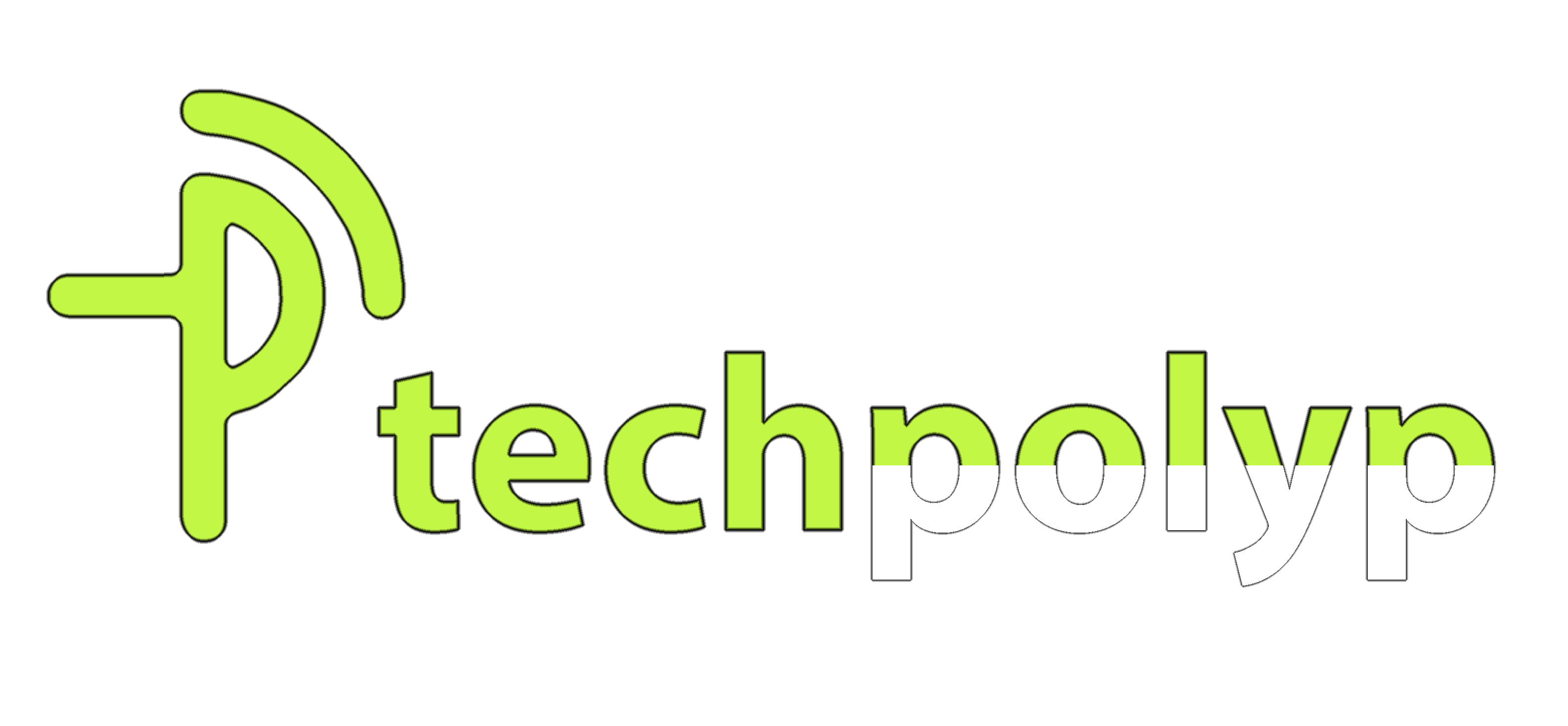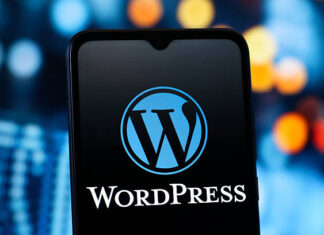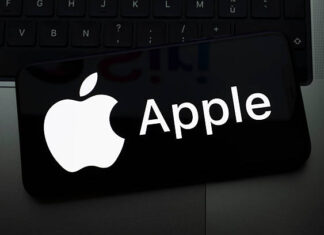When you purchase through links on our site, we may earn an affiliate commission. This doesn’t affect our editorial independence.
The Meta antitrust ruling has closed a long chapter in a five-year legal fight. A U.S. court has decided that Meta did not violate antitrust laws through its acquisitions of Instagram and WhatsApp. The case, led by the Federal Trade Commission, alleged that Meta suppressed competition by acquiring fast-growing rivals. However, Judge James Boasberg concluded that the evidence did not show that Meta currently operates as a monopoly in the social media market.
According to the ruling, it examined whether Meta’s earlier motivations mattered today. Internal emails from 2012 showed Mark Zuckerberg discussing how buying Instagram could buy the company “time” to outpace emerging competitors. These messages were central to the FTC’s argument. Still, the court emphasised in the Meta antitrust ruling that the question was not about Meta’s past intentions but whether it now dominates the market unfairly. Boasberg pointed to the rise of platforms like TikTok as proof that Meta faces real competition.
TechPolyp notes that Meta’s victory sets a new tone for tech antitrust battles. The Meta antitrust ruling suggests that regulators must demonstrate present-day harm, not only historical behaviour or strategic motives.
Competitive Shifts After the Meta Antitrust Ruling
The Meta antitrust ruling also evidences how social media markets have changed. The judge noted that the old boundaries between “social networking” and “social media” have collapsed. Accordingly, Apps now blend messaging, entertainment, community building, and commerce. This evolving landscape weakened the argument that Meta controls a unique market without competitors.
The FTC did reveal that Meta once feared Instagram’s rapid growth. However, the court ruled that fear alone is not illegal. What matters is whether Meta now prevents rivals from entering or growing. The dominance of newer apps showed that users can and do shift platforms quickly.
The Meta antitrust ruling arrives as global regulators intensify scrutiny of large tech firms. It also follows several high-profile investigations into platform power, advertising systems, and competitive fairness. Despite this win, Meta still faces legal and political pressure elsewhere.
In recent decisions, Google suffered a fatal loss in a German Court over similar antitrust issues. Meanwhile, TechPolyp also reported that Google was previously fined about $2.9 billion for the same antitrust behaviour.
However, for now, the outcome in Meta’s case marks one of the most significant decisions in modern tech regulation. It reinforces that competition is defined by what users choose today, not by what executives worried about a decade ago.









